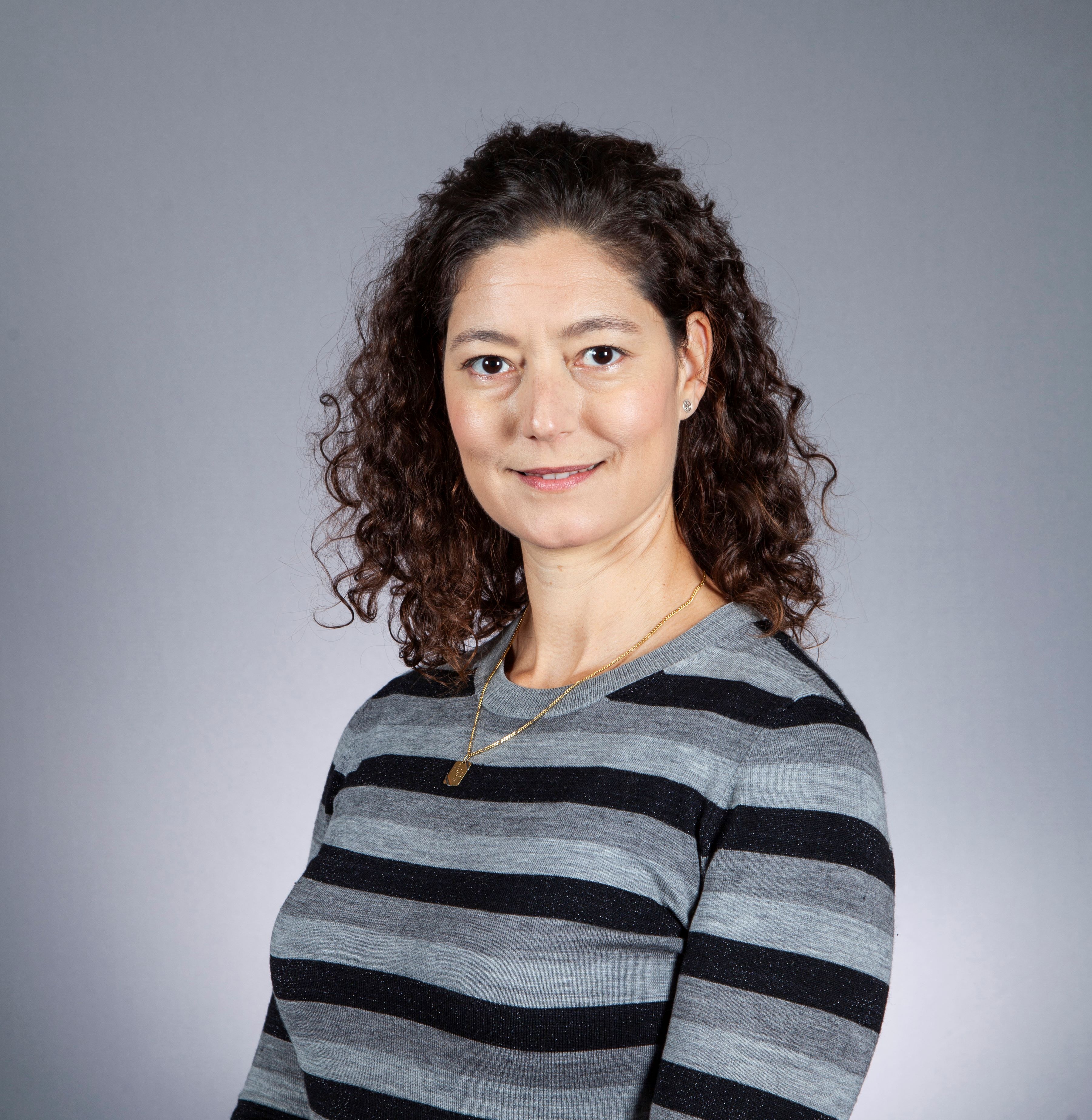As a computational biologist, my work centres on genomics and transcriptomics, with a particular focus on understanding how heterochromatin structures influence transcriptional activation. This research sits at the intersection of bioinformatics and molecular biology, where computational tools are applied to large-scale genomic data to uncover insights into gene expression regulation and chromatin dynamics.
Throughout my career, I have worked on various biological systems, including a strong focus on parasites in the past. During this period, I pioneered high-throughput transcriptomic studies in parasitic organisms, gaining an understanding of their transcriptional landscapes and post-transcriptional regulation. This work has broadened my knowledge and skill set, allowing me to tackle diverse biological questions using computational approaches.
Beyond my research, I am passionate about teaching and training the next generation of scientists. I have developed and delivered a number of training courses in bioinformatics and genomics, aimed at equipping students and researchers with the skills needed to analyse high-throughput genomic data. These courses focus on practical applications of bioinformatics tools, from data processing and analysis to visualisation and interpretation, helping participants understand how to effectively leverage computational techniques in their research.
In addition to my research and teaching, I serve as a College Graduate Tutor, where I mentor and support postgraduate students throughout their academic journey. I provide guidance on pastoral matters and professional development, helping students navigate the challenges of graduate research and career choices. This role allows me to engage with students on a deeper level, fostering a collaborative and supportive academic environment.
I also play a role in undergraduate education as a supervisor for 1A Biology of Cells. In this capacity, I work closely with first-year undergraduates, guiding them through foundational topics in cell biology and helping them develop their critical thinking and analytical skills. Teaching at this level is a rewarding experience, as I have the opportunity to contribute to students' early scientific development and spark their curiosity in biological sciences.

